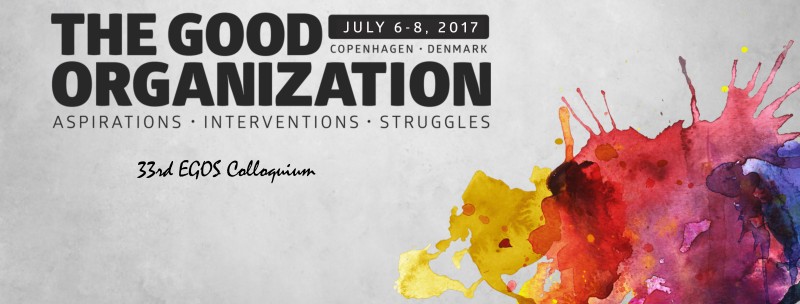Sub-theme 07: (SWG) Multi-Level Network Research: Micro-foundations of Organizational Networks
Call for Papers
Micro-foundations have become an important topic in management and organization research, linking explanatory mechanisms
at the micro-level to macro-level organizational processes and outcomes (Kleinbaum & Stuart, 2014; Rogan & Mors, 2014;
Casciaro et al., 2015; Tasselli et al., 2015).
To enhance our understanding of the micro-foundations of organizational
networks, we seek research on the impact of individual-level and interpersonal mechanisms (e.g., cognition, affect, motivation,
behavior) on network emergence at the macro-level (e.g., organizational subunits or the organization as a whole). We wish
for the work of this standing group to contribute to moving past the treatment of individual network actors as “black boxes”
and better understand their role in the process of tie creation, maintenance, and dissolution.
We encourage
submissions with disciplinary roots in a wide variety of perspectives on organizations, including organizational theory, institutional
economics, structural sociology, social psychology, social cognition, public policy, economic geography, health care management,
moral psychology, and organizational behavior.
Submissions can focus on – but are not limited to – the following
research questions:
- How do individuals’ characteristics (e.g., cognitive capabilities, personality, skills, and behaviors) influence organizational tie formation and network emergence and evolution?
- What role do individual agency and structural opportunity play in the emergence of organizational networks?
- How do individual cognition, affect and motivation interact with network structure to influence organizational phenomena?
- When can we claim a clear direction of causality from micro to macro? What role do structural interdependencies play?
- What is the interplay of social identities and network roles?
We welcome contributions that tackle these and related issues from a variety of
empirical perspectives. We are also open to innovative conceptual contributions.
References
- Casciaro, T., Barsade, S.G., Edmondson, A.C., Gibson, C.B., Krackhardt, D., & Labianca, G. (2015): “The Integration of Psychological and Network Perspectives in Organizational Scholarship.” Organization Science, 26 (4), 1162–1176.
- Kleinbaum, A.M., & Stuart, T.E. (2014): “Network responsiveness: The social structural microfoundations of dynamic capabilities.” Academy of Management Perspectives, 28 (4), 353–367.
- Rogan, M., & Mors, M.L. (2014): “A network perspective on individual-level ambidexterity in organizations.” Organization Science, 25 (6), 1860–1877.
- Tasselli, S.,
Kilduff, M., & Menges, J.I. (2015): “The Microfoundations of Organizational Social Networks: A Review and an Agenda for
Future Research.” Journal of Management, 41 (5), 1361–1387.


